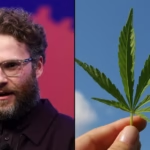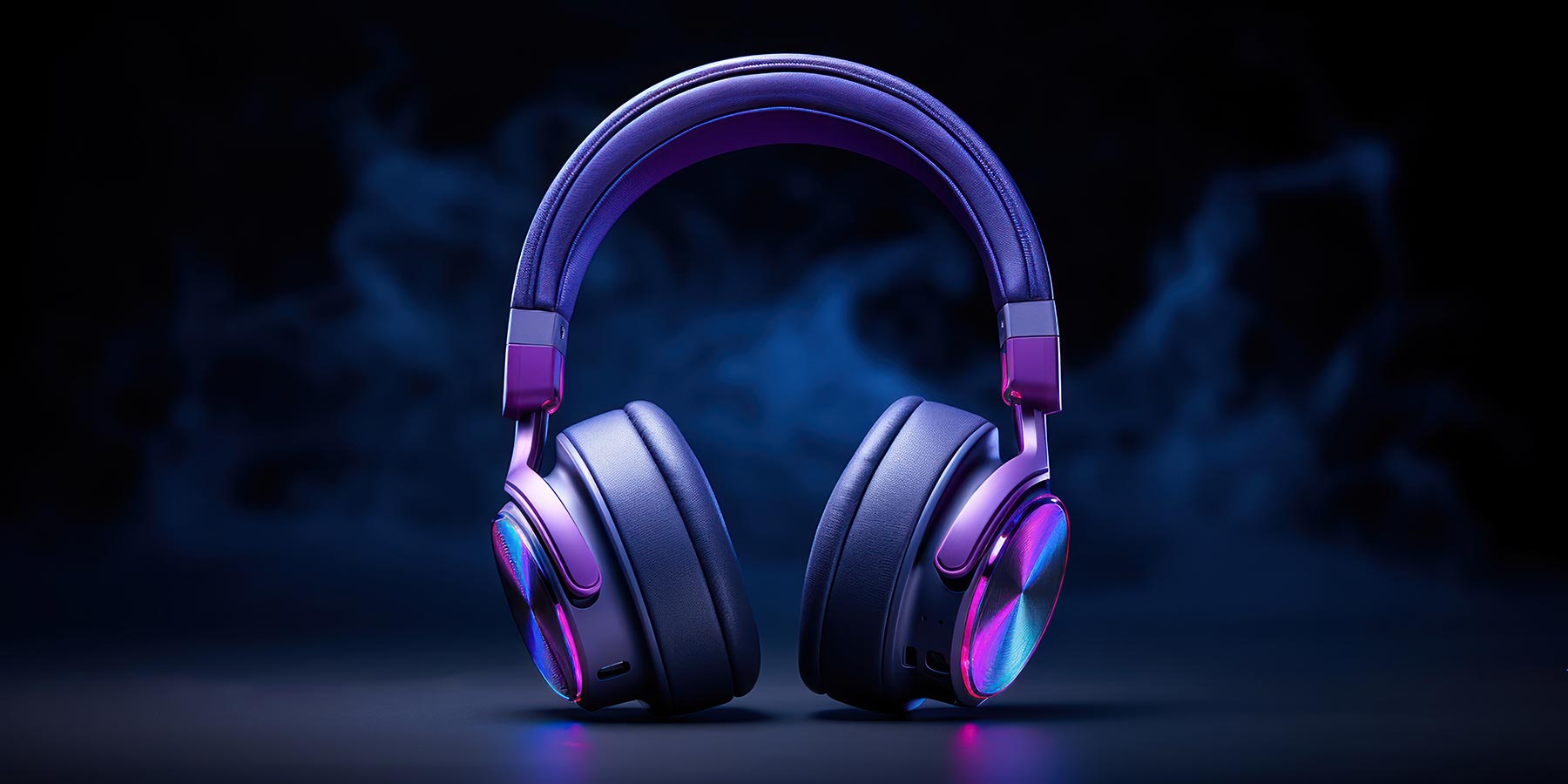
“High & Behind the Wheel: Why Scare Tactics Don’t Work on Stoned Drivers”
By Jamie “The Chronicler” Dawson
The PSA Problem: Nobody Likes a Lame Anti-Weed Lecture
Let’s be real—most anti-drug PSAs are about as effective as a soggy joint. You know the ones: Reefer Madness vibes, exaggerated stoner stereotypes, and that weirdly aggressive “THIS IS YOUR BRAIN ON DRUGS” energy. But according to new research from AAA, cannabis consumers actually do care about road safety—they just don’t respond to outdated, finger-wagging nonsense.
The key? Ditch the stereotypes, embrace reality.
In a pair of studies released this week, AAA found that marijuana users are more likely to listen to “realistic” messaging about impaired driving—stuff that avoids lazy tropes (looking at you, zonked-out Cheech & Chong caricatures) and instead focuses on personal responsibility, safety, and diversity.
“Effective messaging about cannabis-impaired driving needs to include credible voices, real-world scenarios, and respectful language,” said Jake Nelson, AAA’s director of traffic safety advocacy. “Individuals who consume cannabis come from all walks of life, and that should be reflected.”
Translation? Stop treating us like idiots.
What Actually Works? Messages That Don’t Suck
So, what kind of PSAs do resonate with cannabis consumers? AAA’s focus groups ranked these as the most effective:
- “Driving high isn’t just reckless; it’s selfish. Think twice before getting behind the wheel after using marijuana.”
- “You wouldn’t drink and drive, so why drive high? Don’t drive under the influence of marijuana.”
- “Marijuana impairs your judgement, slows your reactions, and increases your risk of crashing. Don’t drive high.”
Fun fact? The top-rated message was written by AI (shoutout ChatGPT). Maybe robots do get us.
Another big takeaway? Who delivers the message matters.
– 39% of respondents said they’d trust advisories from industry groups.
– 37% said they’d listen if the warnings came from weed brands themselves.
Imagine it: “This friendly reminder brought to you by Cookies—don’t be a dumbass, take an Uber.”
The Stoner Paradox: “I Drive Better High”
Here’s where things get sticky. Despite the warnings, a lot of cannabis users think they drive fine after smoking.
- 44% of respondents said they use weed multiple times a day.
- 58% drive daily.
- 85% admitted to driving the same day they consumed cannabis.
- 53% drove within an hour of using.
And the kicker? Many believe they drive just as well (or even better) after lighting up:
– 47% said they drive the same.
– 15% claimed they drive a little better.
– 19% insisted they drive much better.
Look, I’m not here to judge—but if you think weed turns you into Lewis Hamilton, maybe take a breath and reconsider.
The Science Says: THC ≠ Alcohol (And Testing Is a Mess)
Here’s the problem: We still don’t have a reliable way to test cannabis impairment. Unlike alcohol, where BAC is a clear benchmark, THC lingers in your system long after the high wears off.
- A 2023 scientific review found no clear link between blood THC levels and driving impairment.
- Even NHTSA admits: “It’s inadvisable to try and predict effects based on blood THC concentrations alone.”
- Chronic users can have sky-high THC levels without being impaired, while newbies might be wrecked off a few hits.
Yet some states still enforce “per se” THC limits (usually 2-5 ng/mL), which is like saying “You had a beer last week? License revoked.”
Bottom line? The system’s broken.
AAA’s Ironic Hypocrisy
Now, let’s talk about AAA’s complicated relationship with weed.
On one hand, they’re pushing “thoughtful” messaging. On the other? They’ve lobbied against legalization in multiple states, earning criticism from advocates like NORML for “fear-mongering and further politicizing the issue.”
It’s a weird flex—acknowledging that cannabis users deserve respect while also fighting to keep them criminalized. Pick a lane, AAA.
Blaze This Thought:
Cannabis consumers want to be safe on the road—but outdated scare tactics and flawed testing won’t get us there. Better education, better science, and fewer stereotypes are the real keys to keeping everyone safe.
And if you do think you drive better high? Maybe let a sober friend take the wheel—just this once.
— Jamie “The Chronicler” Dawson
Podcast host, ex-music journalist, and your friendly neighborhood voice of reason.











Be the first to leave a comment